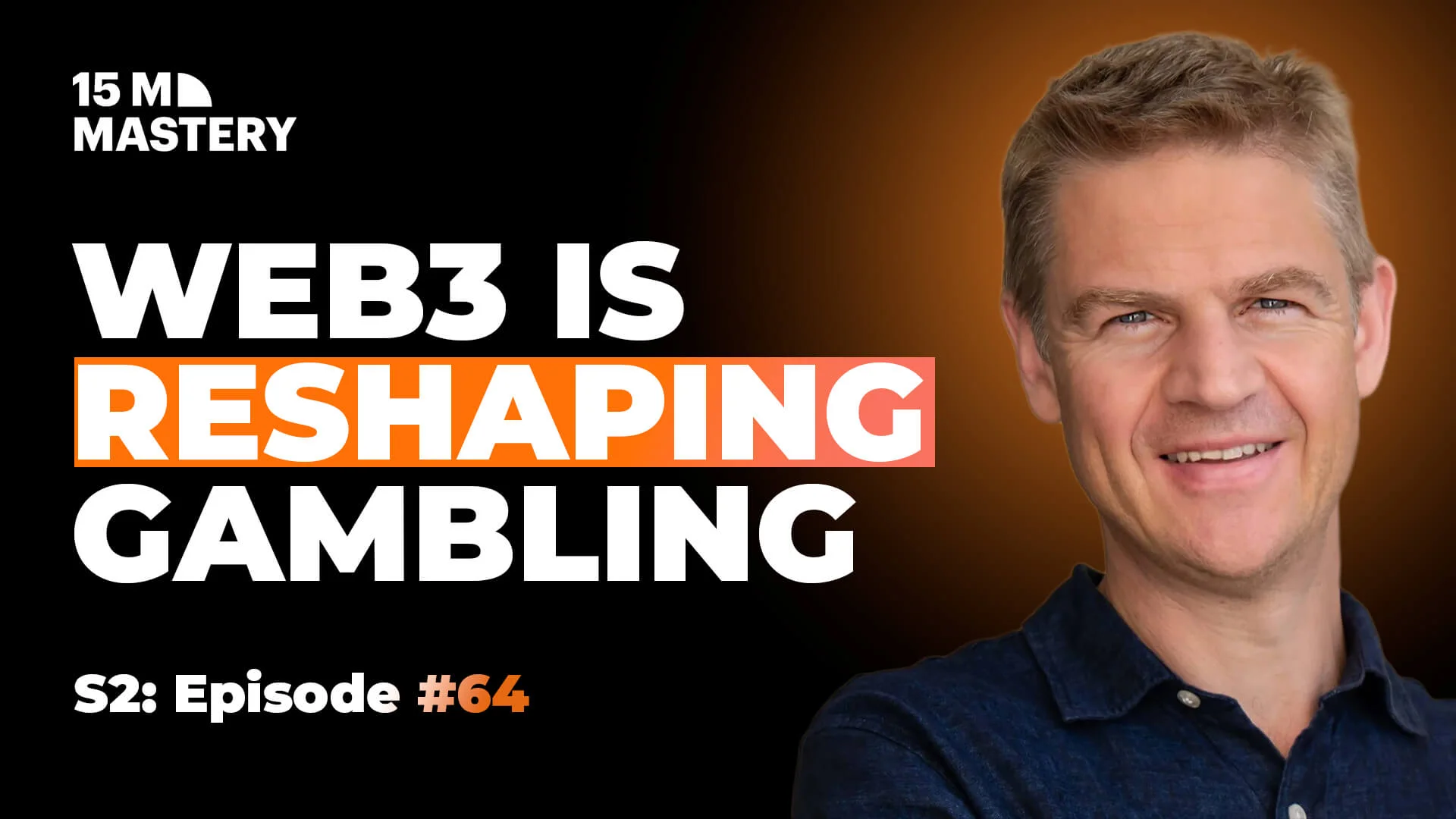Betting with Personality: How Nigel Eccles Is Reimagining iGaming Through Community, Streaming, and Smarter Game Design
Nigel Eccles has seen this pattern before. As co-founder of FanDuel, he helped redefine how millions engaged with fantasy sports. Now, as CEO of BetHog, he is designing something far more experimental — a crypto-native betting experience built around streamers, creators, and a personality-led product.
Instead of betting being a transactional tool, it becomes a shared experience. And instead of racing toward scale, BetHog is rebuilding trust from the bottom up.
“You can ask users how to improve things iteratively, but they won’t hand you a transformational idea,” Nigel explains. “That’s our job as designers, to make it more fun, more engaging, and learn by launching.”
The starting point is a game format players already understand: blackjack. But this version comes with a twist. Your AI dealer remembers your name, recalls your past play style, and helps you make decisions at the table. It feels personal and, most importantly, it feels like entertainment.
Why performance marketing is not a substitute for product vision
Many operators rely on the comfort of proven channels. Performance marketing brings predictable returns. Bonuses and spend-to-win campaigns can drive user numbers on paper. But Nigel argues that these tools cannot carry a business forever.
“If I have two levers, one that gives me a guaranteed three to five times return, and one that might flop, it’s very tempting to just keep pulling the first one.”
That logic, he says, leads to stagnation. Product-led growth does not reject marketing. It simply asks a deeper question about what keeps users coming back. When the product is designed for creators and community, you build relationships that last longer than any campaign.
Streaming created trust where ads couldn’t
In the crypto space, traditional trust signals often do not exist. That’s where streaming changed everything. By watching someone else play, users felt reassured that real money was being wagered and real outcomes were taking place. It was not about scripted endorsements. It was about transparency.
“Streaming did something very simple but powerful. It showed people that others were actually playing. That visibility created trust, and it opened a bridge between gaming and iGaming that never really existed before.”
More than just gameplay, streamers became personalities, and those personalities attracted players in a way that conventional marketing never could. The product became a show, and the show built its own audience.
Betting as brand: why BetHog has a voice
From the beginning, BetHog leaned into entertainment. The team was clear that this was not going to be another polished, corporate product. It needed energy. It needed attitude. And it needed to sound like a person, not a platform.
“We said from day one, we want to build something fun. We’re not pretending to be a bank. We’re embracing the fact that betting is exciting, that people love taking risks, and that the product should reflect that.”
This approach shaped everything from visual design to user interaction. The AI dealer has personality. The messaging is playful. And instead of hiding behind brand language, the team focused on voice, familiarity, and expression.
This extends to the community layer as well. Whether through Telegram, social platforms, or creator partnerships, the brand exists in the spaces where users already hang out. The goal is not to push messaging but to invite interaction.
What happens when users believe in your product
As Nigel looks ahead, he sees the market splitting. Large-scale operators will continue to grow through efficiency. But a new tier of products will emerge that win not through reach, but through resonance.
“If your product is bad, no amount of bonuses or emails will make people stay. But if your product has personality, something that people genuinely enjoy, you might not need to shout at all.”
This is not about gimmicks. It is about building something that reflects the people who use it. That requires product teams to stop thinking in terms of features and start thinking in terms of affinity.
Identity is the new retention loop
The most powerful retention tools are no longer loyalty programs or CRM flows. They are the emotional bonds that users form with the product itself. Betting, when reimagined through the lens of community and personality, becomes more than a game. It becomes a relationship.
The opportunity now is not just to entertain, but to design brands that users want to return to. For conversation. For connection. And for the feeling that this is a place where they belong.


